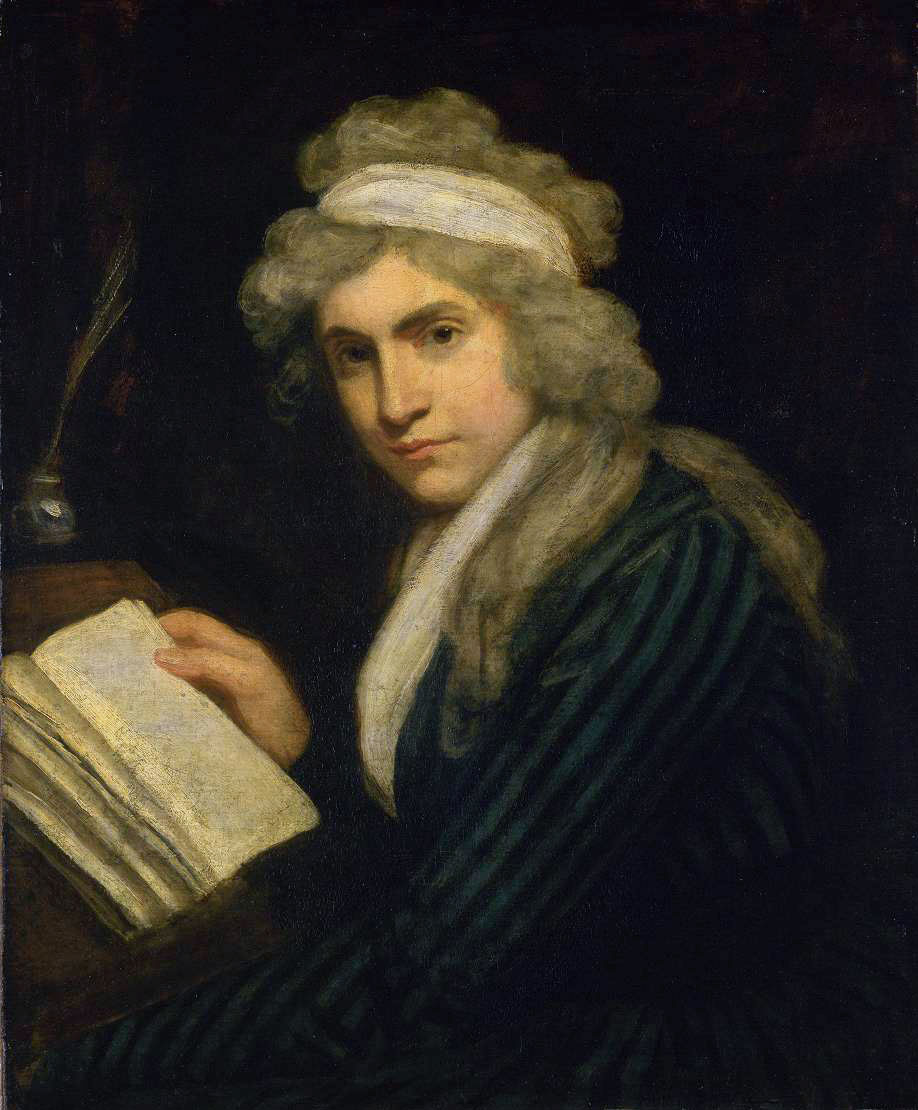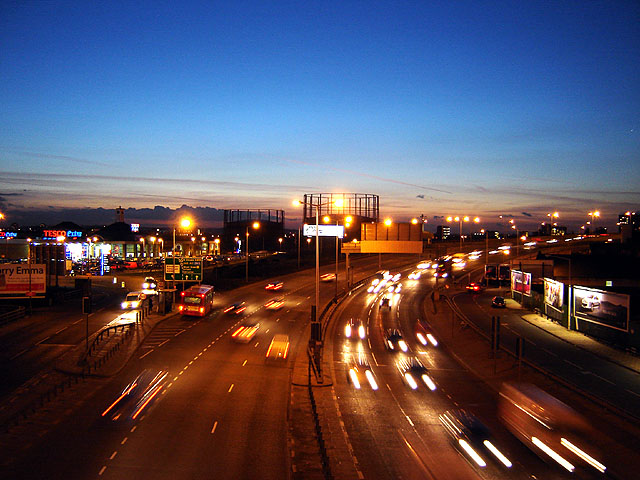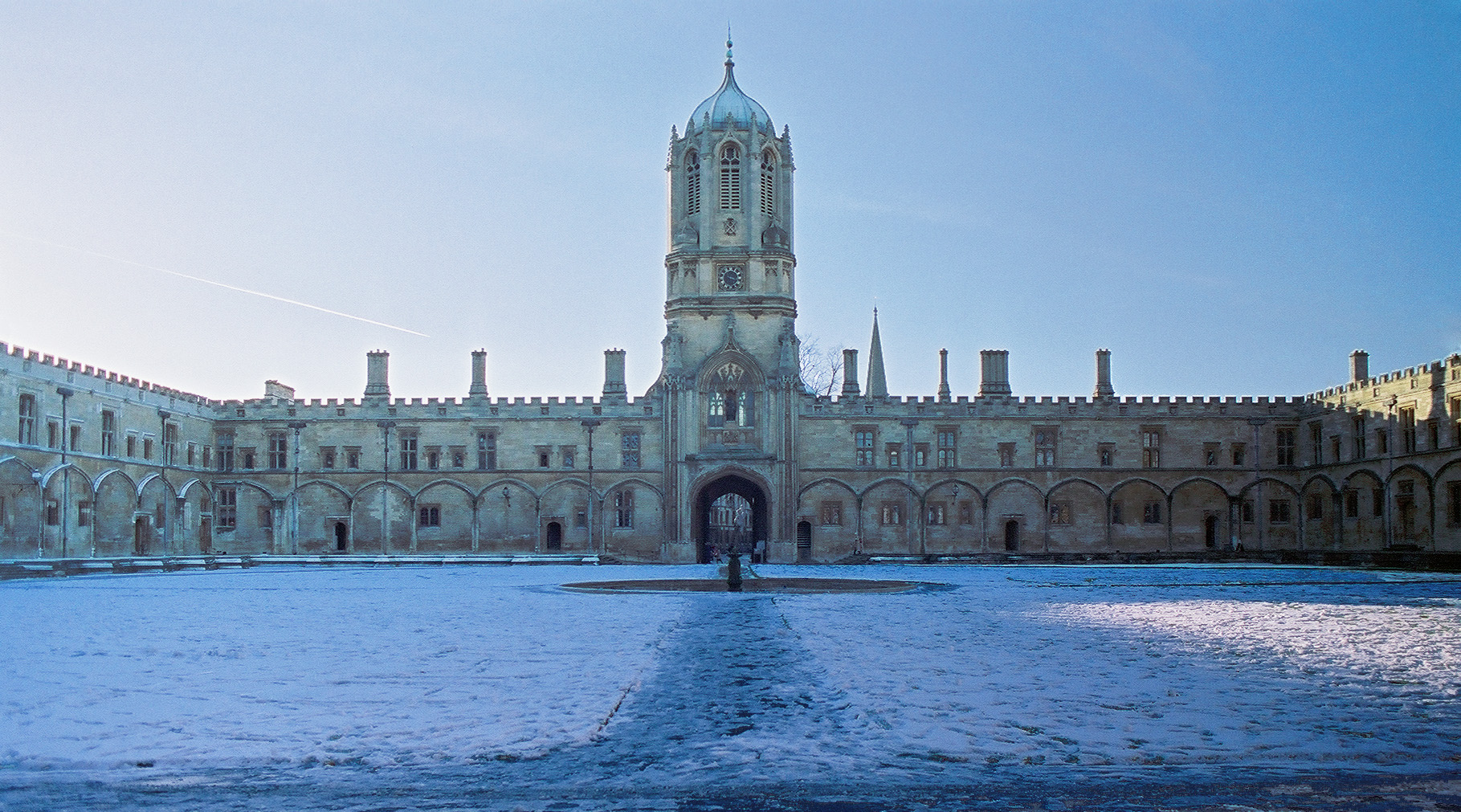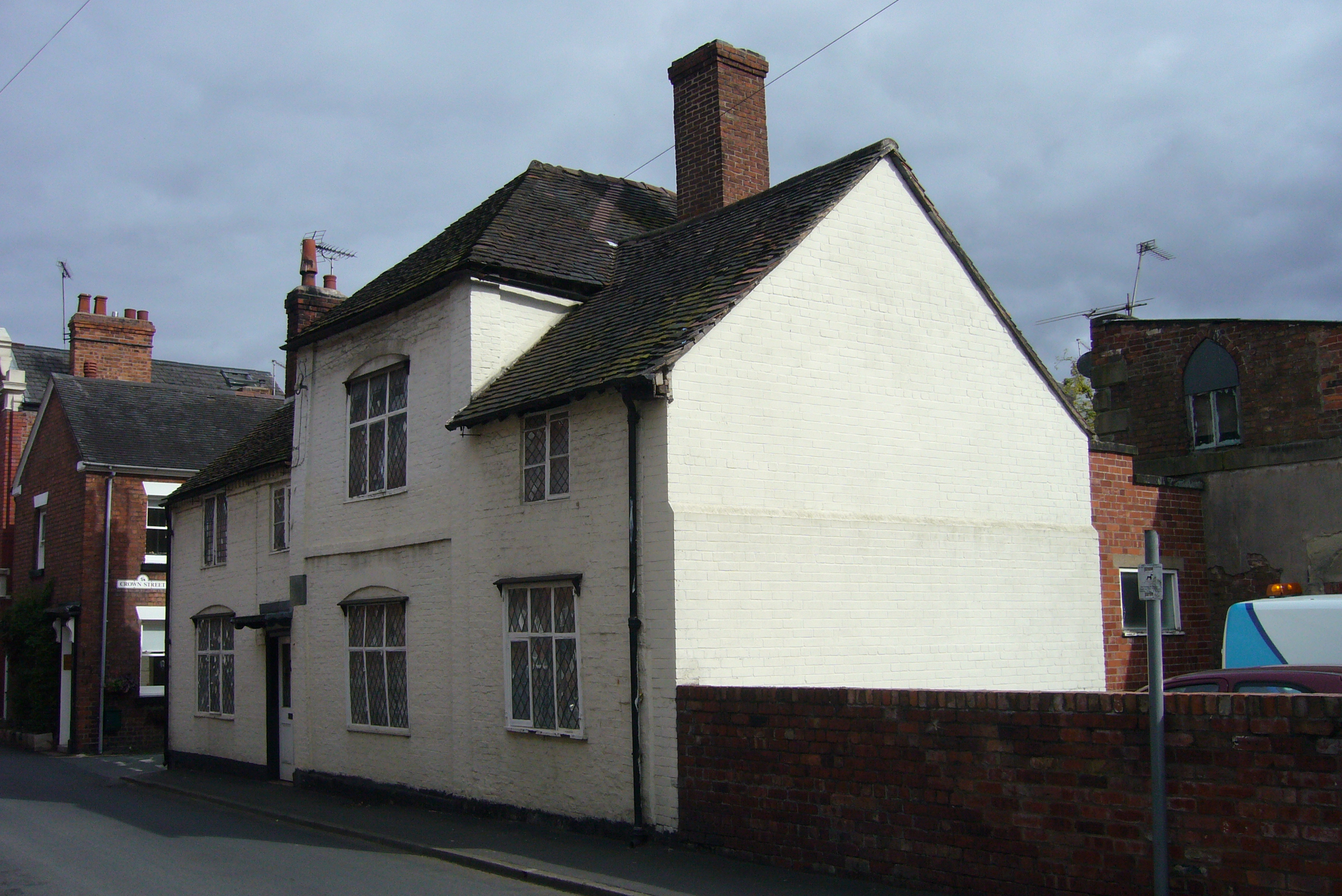|
Mary Lamb
Mary Anne Lamb (3 December 1764 – 20 May 1847) was an English writer. She is best known for the collaboration with her brother Charles on the collection ''Tales from Shakespeare'' (1807). Mary suffered from mental illness, and in 1796, aged 31, she stabbed her mother to death during a mental breakdown. She was confined to mental facilities for most of her remaining life. She and Charles presided over a literary circle in London that included the poets William Wordsworth and Samuel Taylor Coleridge, among others. Early life Mary Lamb was born in London on 3 December 1764, the third of seven children of John and Elizabeth Lamb. Her parents worked for Samuel Salt, a barrister in London, and the family lived above Salt in his home at 2 Crown Office Row in the Inner Temple. Only two of Mary's siblings survived: her older brother John Jr. and her younger brother Charles. Mary learned about literature and writers from her father's stories of the times he had seen Samuel Johnson, who ... [...More Info...] [...Related Items...] OR: [Wikipedia] [Google] [Baidu] |
Tales From Shakespeare
''Tales from Shakespeare'' is an English children's book written by the siblings Charles and Mary Lamb in 1807, intended "for the use of young persons" while retaining as much Shakespearean language as possible. Mary Lamb was responsible for retelling the comedies and Charles the tragedies. They omitted the more complex historical tales, including all Roman plays, and modified those they chose to retell in a manner sensitive to the needs of young children, but without resorting to actual censoring. However, subplots and sexual references were removed. They wrote the preface together. Marina Warner, in her introduction to the 2007 Penguin Classics edition, claims that Mary did not get her name on the title page till the seventh edition in 1838. Despite its original target audience, "very young" children from the early twenty-first century might find this book a challenging read, and alternatives are available. Nevertheless, the retelling of Lamb siblings remains uniquely faithf ... [...More Info...] [...Related Items...] OR: [Wikipedia] [Google] [Baidu] |
Mary Wollstonecraft
Mary Wollstonecraft (, ; 27 April 1759 – 10 September 1797) was a British writer, philosopher, and advocate of women's rights. Until the late 20th century, Wollstonecraft's life, which encompassed several unconventional personal relationships at the time, received more attention than her writing. Today Wollstonecraft is regarded as one of the founding feminist philosophers, and feminists often cite both her life and her works as important influences. During her brief career, she wrote novels, treatises, a travel narrative, a history of the French Revolution, a conduct book, and a children's book. Wollstonecraft is best known for ''A Vindication of the Rights of Woman'' (1792), in which she argues that women are not naturally inferior to men, but appear to be only because they lack education. She suggests that both men and women should be treated as rational beings and imagines a social order founded on reason. After Wollstonecraft's death, her widower published a ''Memoir ... [...More Info...] [...Related Items...] OR: [Wikipedia] [Google] [Baidu] |
Tales From Shakespeare 1922
Tales may refer to: Arts and entertainment * ''Tales'' (album), a 1995 album by Marcus Miller * ''Tales'' (film), a 2014 Iranian film * ''Tales'' (TV series), an American television series * ''Tales'' (video game), a 2016 point-and-click adventure game * ''Tales'' (video game series), a series of role-playing games *"Tales", or "Tales from the Forest of Gnomes", a song by Wolfmother from ''Wolfmother'' *"Tales", a song by Schoolboy Q from ''Crash Talk'' Geography *Tales, Castellón, a municipality in Spain *Täles Railway (other), two railway lines in Baden-Württemberg in Germany People *Rémi Tales (born 1984), French rugby union player *Tales Schütz Tales Schütz (born 22 August 1981 in Porto Alegre, Brazil) is a Brazilian ex-footballer. He is also of German ancestry. Honours * Hong Kong First Division League :''Winner (4):'' 2006–07, 2007–08, 2008–09, 2009–10 * Hong Kong Se ..., Brazilian footballer See also * Tale (other) {{disambi ... [...More Info...] [...Related Items...] OR: [Wikipedia] [Google] [Baidu] |
Henry Crabb Robinson
Henry Crabb Robinson (13 May 1775 – 5 February 1867) was an English lawyer, remembered as a diarist. He took part in founding London University. Life Robinson was born in Bury St. Edmunds, Suffolk, third and youngest son of Henry Robinson (1736-1815) and Jemima (1736-1793), daughter of Denny Crabb, a landowner, maltster, and deacon of the congregational church at Wattisfield, Suffolk, and sister of Habakkuk Crabb. After education at small private schools, he was articled in 1790 to an attorney in Colchester. At Colchester he heard John Wesley preach one of his last sermons. In 1796, he entered the office of a solicitor in Chancery Lane, London; but in 1798 a relative died, leaving Robinson a sum yielding a considerable yearly income. Proud of his independence and eager for travel, he went abroad in 1800. Between 1800 and 1805, he studied at various places in Germany, meeting men of letters there, including Goethe, Schiller, Johann Gottfried Herder and Christoph Martin Wie ... [...More Info...] [...Related Items...] OR: [Wikipedia] [Google] [Baidu] |
Edmonton, Middlesex
Edmonton is a town in north London, England within the London Borough of Enfield, a local government district of Greater London. The northern part of the town is known as Lower Edmonton or Edmonton Green, and the southern part as Upper Edmonton. Situated north-northeast of Charing Cross, it borders Enfield to the north, Chingford to the east, and Tottenham to the south, with Palmers Green and Winchmore Hill to the west. The population of Edmonton was 82,472 as of 2011. The town forms part of the ceremonial county of Greater London and until 1965 was in the ancient county of Middlesex. Historically a parish in the Edmonton Hundred of Middlesex, Edmonton became an urban district in 1894, and a municipal borough in 1937. Local government took place at the now-demolished Edmonton Town Hall in Fore Street between 1855 and 1965. In 1965, following reform of local government in London, the municipal borough and former parish of Edmonton was abolished, merging with that of Enfiel ... [...More Info...] [...Related Items...] OR: [Wikipedia] [Google] [Baidu] |
East India House
East India House was the London headquarters of the East India Company, from which much of British India was governed until the British government took control of the Company's possessions in India in 1858. It was located in Leadenhall Street in the City of London. The first East India House on the site was an Elizabethan mansion, previously known as Craven House, which the Company first occupied in 1648. This was completely rebuilt in 1726–29; and further remodelled and extended in 1796–1800. It was demolished in 1861. The Lloyd's building, headquarters for Lloyd's of London, was built on the site of the former East India House. "Old" East India House The East India Company was founded in 1600. Until 1621, it occupied rooms in the mansion of its Governor, Sir Thomas Smythe, in Philpot Lane, Fenchurch Street; and from 1621 to 1638 it was housed in Crosby Hall, Bishopsgate. In 1638 it moved into the house of its new Governor, Sir Christopher Clitherow, in Leadenhall Stre ... [...More Info...] [...Related Items...] OR: [Wikipedia] [Google] [Baidu] |
Bryan Procter
Bryan Waller Procter (pseud. Barry Cornwall) (21 November 17875 October 1874) was an English poet who served as a Commissioner in Lunacy. Life and career Born at Leeds, Yorkshire, he was educated at Harrow School, where he had for contemporaries Lord Byron and Robert Peel. On leaving school he was placed in the office of a solicitor at Calne, Wiltshire, remaining there until about 1807, when he returned to London to study law. By the death of his father in 1816 he became possessed of a small property, and soon after entered into partnership with a solicitor; but in 1820 the partnership was dissolved, and he began to write under the pseudonym of "Barry Cornwall". After his marriage in 1824 to Miss Skepper, daughter of Mrs Basil Montague, he returned to his profession as a conveyancer, and was called to the bar in 1831. In the following year he was appointed metropolitan commissioner of lunacy—an appointment annually renewed until his election as one of the Commissioners in Luna ... [...More Info...] [...Related Items...] OR: [Wikipedia] [Google] [Baidu] |
Thomas Noon Talfourd
Sir Thomas Noon Talfourd SL (26 May 179513 March 1854) was an English judge, Radical politician and author. Life The son of a well-to-do brewer, Talfourd was born in Reading, Berkshire. He received his education at Hendon and Reading School. At the age of 18, he was sent to London to study law under Joseph Chitty, a special pleader. Early in 1821, he joined the Oxford circuit, having been Called to the Bar at Middle Temple earlier in the year. Fourteen years later, he was created a serjeant-at-law and led the court with William Fry Channell until 1846, when serjeants lost their monopoly of audience. In 1849 he succeeded Thomas Coltman as judge of the Court of Common Pleas. In politics At the general election in 1835 he was elected MP for the Parliamentary Borough of Reading as a Radical, a result repeated in the general election of 1837. He chose not to run in the general election of 1841, but stood again in the general election of 1847 and was elected. In the House of Com ... [...More Info...] [...Related Items...] OR: [Wikipedia] [Google] [Baidu] |
Essays Of Elia
''Essays of Elia'' is a collection of essays written by Charles Lamb; it was first published in book form in 1823, with a second volume, ''Last Essays of Elia'', issued in 1833 by the publisher Edward Moxon. The essays in the collection first began appearing in ''The London Magazine'' in 1820 and continued to 1825. Lamb's essays were very popular and were printed in many subsequent editions throughout the nineteenth century. The personal and conversational tone of the essays has charmed many readers; the essays "established Lamb in the title he now holds, that of the most delightful of English essayists." Lamb himself is the Elia of the collection, and his sister Mary is "Cousin Bridget." Charles first used the pseudonym Elia for an essay on the South Sea House, where he had worked decades earlier; Elia was the last name of an Italian man who worked there at the same time as Charles, and after that essay the name stuck. American editions of both the ''Essays'' and the ''Last Es ... [...More Info...] [...Related Items...] OR: [Wikipedia] [Google] [Baidu] |
Charles Lamb's Cottage
Charles is a masculine given name predominantly found in English and French speaking countries. It is from the French form ''Charles'' of the Proto-Germanic name (in runic alphabet) or ''*karilaz'' (in Latin alphabet), whose meaning was "free man". The Old English descendant of this word was '' Ċearl'' or ''Ċeorl'', as the name of King Cearl of Mercia, that disappeared after the Norman conquest of England. The name was notably borne by Charlemagne (Charles the Great), and was at the time Latinized as ''Karolus'' (as in ''Vita Karoli Magni''), later also as '' Carolus''. Some Germanic languages, for example Dutch and German, have retained the word in two separate senses. In the particular case of Dutch, ''Karel'' refers to the given name, whereas the noun ''kerel'' means "a bloke, fellow, man". Etymology The name's etymology is a Common Germanic noun ''*karilaz'' meaning "free man", which survives in English as churl (< Old English ''ċeorl''), which developed its de ... [...More Info...] [...Related Items...] OR: [Wikipedia] [Google] [Baidu] |
John Stoddart
Sir John Stoddart (6 February 1773 – 16 February 1856) was an English journalist and lawyer, who served as editor of ''The Times''. Biography Stoddart, who was born at Salisbury, was the eldest son of John Stoddart, who was a lieutenant in the Royal Navy. His only sister, Sarah, married, on 1 May 1808, William Hazlitt. Stoddart was educated at Salisbury Grammar School, and, subsequently, at Christ Church, Oxford, at which he matriculated on 25 October 1790, and graduated B.A. in 1794, B.C.L. in 1798, and D.C.L. in 1801. He was admitted as a member of the College of Advocates in 1801, and from 1803 to 1807 he was the Advocate of the Crown and of the Admiralty at Malta. During his time in Malta Stoddart was visited by Samuel Taylor Coleridge. Journalism Stoddart subsequently returned to England to practice in the Doctors' Commons. In 1810, he started an association with ''The Times'', for which he served as a leader-writer from 1812. In April 1814, Stoddart entered into an ... [...More Info...] [...Related Items...] OR: [Wikipedia] [Google] [Baidu] |
William Hazlitt
William Hazlitt (10 April 177818 September 1830) was an English essayist, drama and literary critic, painter, social commentator, and philosopher. He is now considered one of the greatest critics and essayists in the history of the English language, placed in the company of Samuel Johnson and George Orwell. He is also acknowledged as the finest art critic of his age. Despite his high standing among historians of literature and art, his work is currently little read and mostly out of print. During his lifetime he befriended many people who are now part of the 19th-century literary canon, including Charles and Mary Lamb, Stendhal, Samuel Taylor Coleridge, William Wordsworth, and John Keats.Grayling, pp. 209–10. Life and works Background The family of Hazlitt's father were Irish Protestants who moved from the county of Antrim to Tipperary in the early 18th century. Also named William Hazlitt, Hazlitt's father attended the University of Glasgow (where he was taught by Adam S ... [...More Info...] [...Related Items...] OR: [Wikipedia] [Google] [Baidu] |

.jpg)

.png)




